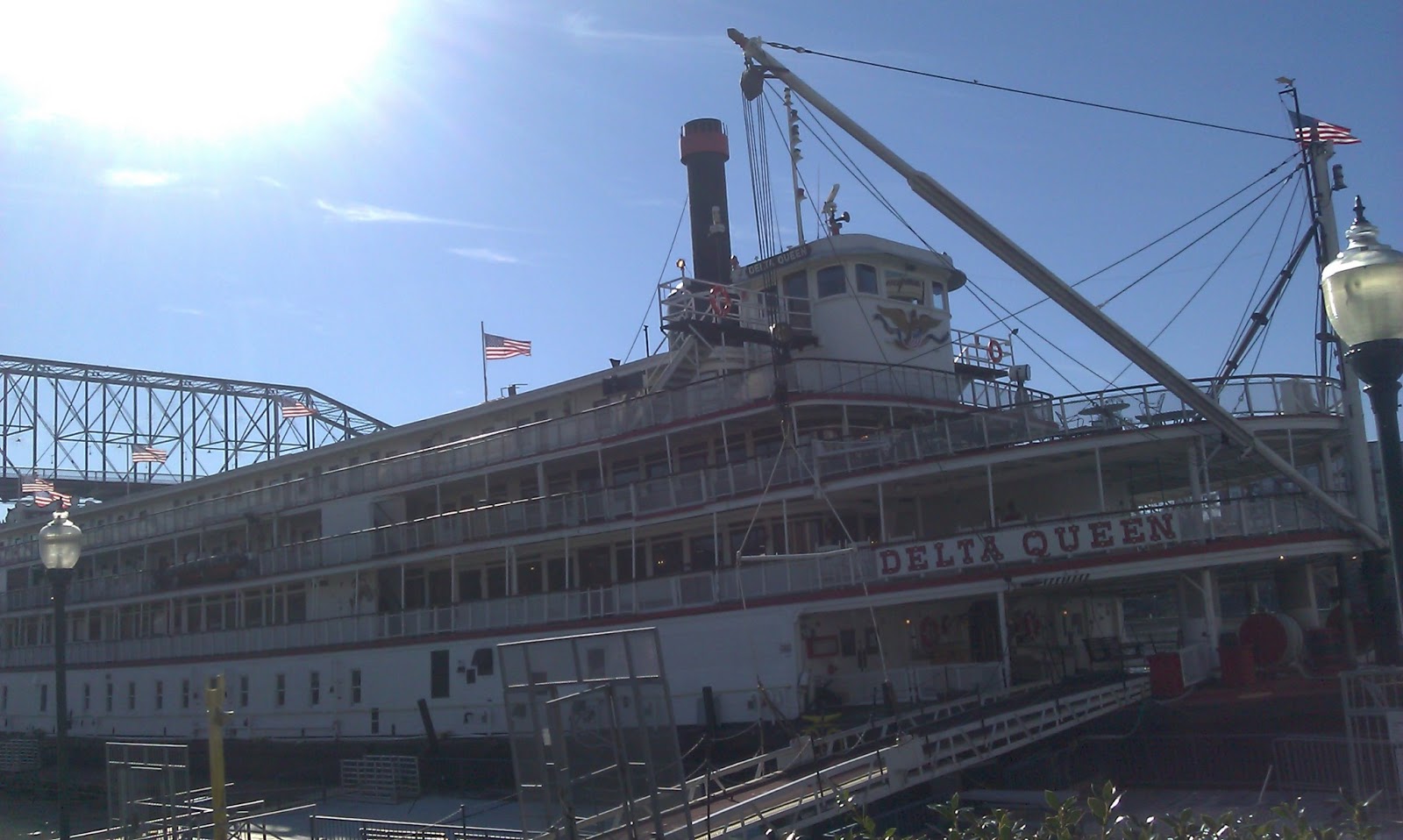I'm guessing this urge to protect wildlife stems back from the day I learned that the trees produced the oxygen we breathe. Maybe everyone's initial response isn't an overwhelming love for nature, but mine was.
The United States Navy uses sonar as a training mechanism, as well as a mapping tool. The sonar can detect something, such as a foreign submarine tutting towards our coast, from up to 300 miles away.
My concern here, though, lies with the dolphins, whales and orcas; who literally lie, beached on the sand, because they, along with other marine mammals, attempt to get as far away from the sonar as possible.
National security has been the government hype word since 9/11. All you have to say is you're doing something for the sake of 'national security' and all of the sudden, no more questions asked. At what point does our own 'national security' (guarding against our own kind) outweigh the security of the things that do no evil to us. (Yes, there are shark attacks, but that's nature, folks!)
Alex Stone, an environmental program manager with the Navy's Pacific Fleet, told NPR in April of this year, "We think that the mitigation measures are effective, but it's true. I mean, you're never going to see every marine mammal that's there."
An article from 2005 in the Sydney Morning Herald (GOOD READ)
And what efforts for mitigation do they take, you might ask. At least according to Stone, they have lookouts to make sure no marine life is around. Now, riddle me this: Can we see from the top of a ship to the bottom-most depths of the ocean?
The article, 'Does Military Sonar Kill Marine Wildlife?' in Scientific American claims, ". . . evidence shows that whales will swim hundreds of miles, rapidly change their depth (sometime leading to bleeding from the eyes and ears), and even beach themselves to get away from the sounds of sonar."
Luckily, the answers may be out there, it's just up to us to make them listen. All thanks to Dr. Paul Nachtigall, a researcher from Hawaii, who was interviewed in 'Whales Can Adjust Their Hearing', a BBC Nature News story from 2012.
My passion is for life and the living. For the breathing, be it through lungs, gills or photosynthesis. And the pursuit against mindless killing of all things. We all serve a purpose, and we all impact the world in our own way. When the cost of our actions is life, and there is another way around it, we should act differently.
Are we willing to sacrifice the mysteries that lurk beneath the ocean just in case another country decides to send a submarine our way?
"There aren’t other government agencies out there proposing activities that will have anywhere near this level of impact on wildlife, much of which is endangered. The Navy seems very proud of the fact that it has conducted such a “comprehensive” (in its opinion) analysis of impacts. But where’s the pride in its development of alternatives that allow it to achieve its training and testing needs, while dramatically reducing the impact to whales and dolphins?"
According to the NPR story, it's the National Marine Fisheries Service that has domain over these practices. I say it's about time to send some research their way.






